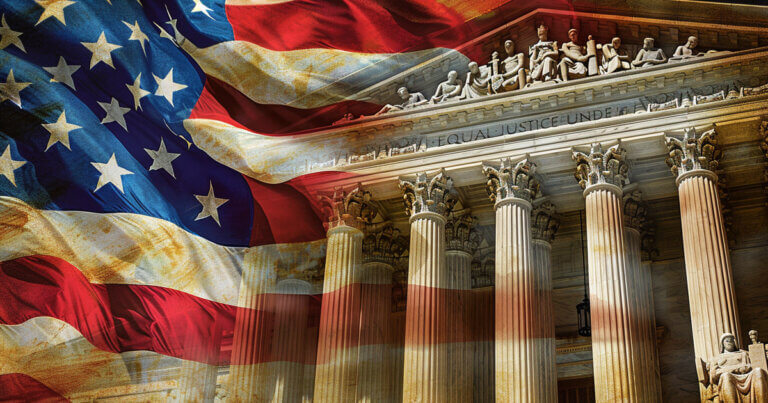
The conservative members of the U.S. Supreme Court sided with two majority opinions that could have lasting implications for federal agencies to enforce laws.
In the last seven days, the Supreme Court of the United States (SCOTUS) has released two opinions that could have lasting implications for how the U.S. Securities and Exchange Commission (SEC) handles enforcement actions against companies, including crypto firms.
In a 6-3 decision released on June 27 in SEC v. Jarksey, the Court’s majority opinion held that defendants in an SEC civil case concerning securities fraud are entitled to a jury trial rather than strictly adjudication by an administrative law judge. The Court’s conservative members said it considered “common law fraud principles when interpreting federal securities law common law fraud” — seemingly equating an SEC civil case involving securities fraud to a criminal case involving fraud.
SCOTUS followed the SEC v. Jarksey decision with a June 28 opinion — Loper Bright Enterprises v. Raimondo — overturning a 1984 ruling that established the Chevron deference, or doctrine. Though not explicitly referring to the SEC, the Court’s opinion would require lower courts “to exercise their independent judgment in deciding whether an agency has acted within its statutory authority” and not defer to federal agencies’ interpretation of the law.





